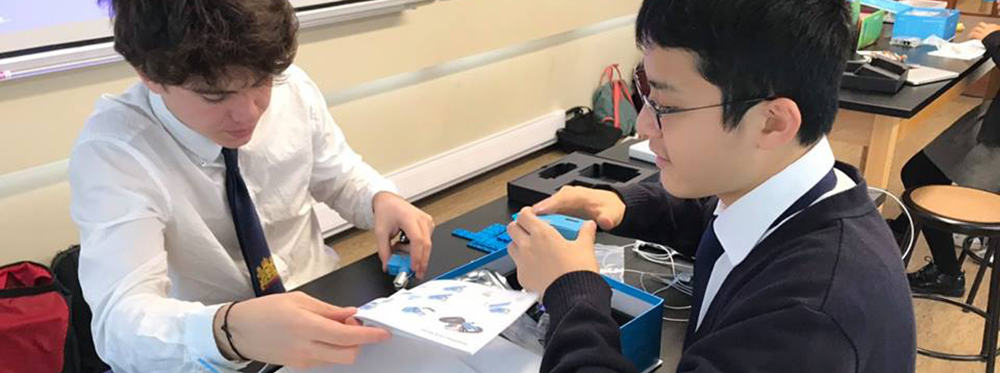How to Research Private Schools for your Child? When researching the best private school for your child, one of the most important aspects to consider should be finding out about a school’s teaching approach.
Different schools have varying degrees of teaching style, and for the best match, ask the right questions to ensure it is the right fit for your child’s learning goals.
What is Differentiated Instruction and Assessment?
For some time now, this has been a popular phrase within the realm of education. This phrase expresses an approach to teaching and learning that accommodates different learners and when it comes to choosing the right school for your child, how the school differentiates for its students is something that should not be overlooked.
Classrooms are full of students who have different learning styles, cultures, socio-economic backgrounds, and overall learning experiences.
Differentiation
Ask yourself what is your child’s learning style! When researching schools, ensure that each school offers differentiation, and has the ability to deliver a learning experience that your child will need, to meet their specific learning style and goals. Ideally, you want a school which offers a variety of different ways to deliver information that ensures that each student is learning and developing successfully.
Flexible Teachers
Teachers who incorporate an array of technology, collaboration, independent work, video, and even traditional lectures are providing their students with different opportunities to contextualize their learning and make sense of it.
Differentiation doesn’t end with instruction, it should be embedded in schools assessment practices as well. This means providing choice for students when it comes to demonstrating what they have learned, and how they apply what they have learned.
Differentiated assessment
One learning expectation can be satisfied in a multitude of ways. For example, a ‘presentation’ assignment can be delivered orally, digitally, or even though a musical or dramatic performance. Instead of writing a 200-word paragraph, the student can write a poem, or a blog, or perhaps a series of tweets.
Why should a student who absolutely dreads public speaking have to stand up in front of their classmates when they can just as easily meet the learning expectation by creating a digital animation? When teachers allow for choice, they, in turn, allow students to take control of their own learning and play to their strengths. Yes, there is still value in the conventional test and essay, but when it comes to meeting the particular needs of all students, differentiated instruction and assessment is pivotal for student success.
Article By: Steve Joudoin, Admissions Officer, Fulford Academy

